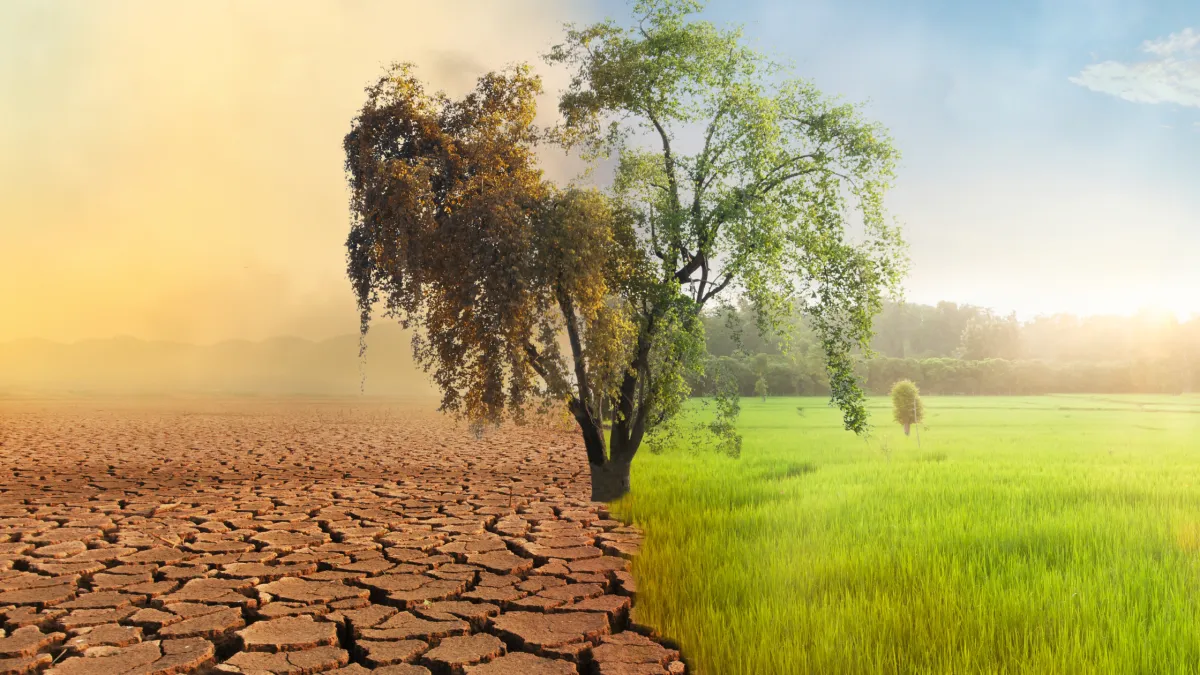Psychotherapy Insights
Illuminating Mental Wellness & Health in West LA
Dr. Daniel Slavin, Psychotherapist

How Environmental Changes Affect Our Mental Health
"By fostering a deeper connection with nature, advocating for environmental justice, and taking action to mitigate climate change, we protect the planet and nurture our mental and emotional well-being."
Amid conversations surrounding climate change and environmental sustainability, one aspect often overlooked is the profound impact these changes have on our mental well-being. From extreme weather events to biodiversity loss, the evolving environment around us shapes our physical surroundings and influences our mental health in profound and often unseen ways. In this blog, I’ll explain how environmental changes can affect our mental health.
The Psychological Toll of Environmental Changes and Natural Disasters
Natural disasters, exacerbated by climate change, are becoming increasingly frequent and severe. Hurricanes, wildfires, floods, and droughts wreak havoc on communities and leave lasting scars on the collective psyche. The trauma and stress associated with such events can lead to anxiety, depression, post-traumatic stress disorder (PTSD), and other mental health disorders. We have become numb; a mass shooting has to be a vast number for people to even talk about. The highest rating local news stations in Los Angeles are freeway chases.
Eco-Anxiety: Navigating a World of Uncertainty
The relentless barrage of news about environmental degradation and looming ecological crises can evoke a sense of helplessness and existential dread known as eco-anxiety. As we grapple with the uncertainty of what the future holds for our planet and future generations, feelings of fear, grief, and despair can take a toll on our mental health, contributing to a sense of overwhelm and hopelessness. Fortunately, psychotherapy attempts to teach us to be able to have tools to cope with the world we live in.
Nature Deficit Disorder: Disconnecting from Our Roots
Many of us are becoming disconnected from the natural world in an increasingly urbanized and technologically driven world. Spending less time outdoors and more time indoors glued to screens deprives us of the physical benefits of nature and mental health benefits. Research has shown that exposure to nature can reduce stress, improve mood, and enhance cognitive function. Conversely, a lack of contact with nature has been linked to increased rates of anxiety, depression, and attention deficit disorders.
The Healing Power of Green Spaces
On the flip side, intentionally seeking out green spaces and immersing ourselves in nature can be a powerful antidote to the stresses of modern life. Whether taking a walk in the park, gardening, or simply sitting beneath a tree, spending time in nature has promoted relaxation, reduced stress hormones, and improved overall well-being. Incorporating biophilic design principles into our built environment, such as incorporating natural elements like plants and sunlight into indoor spaces, can also positively affect mental health.
Cultivating Resilience and Advocacy
While the challenges posed by environmental changes are daunting, there is hope in our capacity for resilience and adaptation. By fostering a deeper connection with nature, advocating for environmental justice, and taking action to mitigate climate change, we protect the planet and nurture our mental and emotional well-being. Together, we can weather the storms of environmental change and emerge more substantial and resilient on the other side.
Conclusion
With Psychotherapy, we can confront the interconnected crises of climate change and mental health; we must recognize the profound ways in which environmental changes affect our mental well-being. By acknowledging the psychological toll of natural disasters, addressing the rise of eco-anxiety, reconnecting with nature, and advocating for environmental sustainability, we can cultivate a healthier and more resilient relationship with the planet and ourselves. In doing so, we can work towards a future where human and environmental flourishing are prioritized and protected.
Get In Touch
Call
(310) 963-5038
Appointments
In-Person
Virtual
Hours






